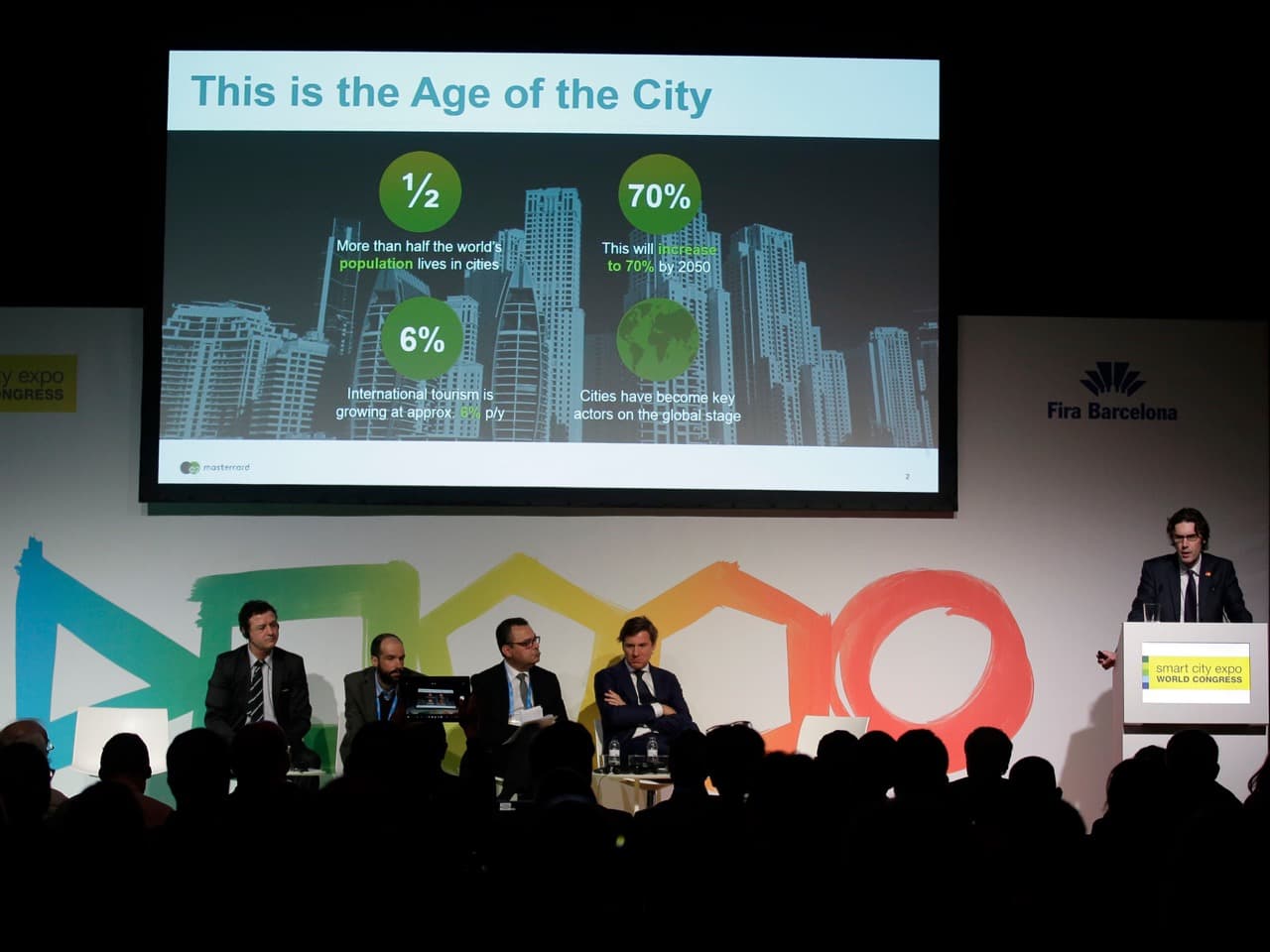Smart technologies can improve a city's living conditions. But what will that do to your privacy?
The following is a translation of a 4 January 2017 statement originally published on derechosdigitales.org.
Smart cities have been promoted as a major achievement resulting from a union of technology and social practices. Large international corporations – among them Siemens, Cisco and Telefónica – have begun developing and implementing projects that change the manner in which we inhabit cities, such that a number of components of urban life now carry the smart adjective: smart transportation, smart waste management, smart energy, smart health and smart security. These labels seek to align the development of digital technologies, generating openings for innovation and providing for better management of the urban environment. The underlying argument is that these technologies offer an opportunity for development, and any opposition to them would be counterintuitive.
It is, however, entirely appropriate to question the eventual advances that will be brought about by smart technology, primarily because it situates technology in a dimension that naturalises its contribution to development. We are told that we will be better off with more technology. But there are situations in which technology is not the answer, or where damages brought about by the use of technology can outweigh the benefits. Privacy is an area where this is especially important.
A number of commentators have noted implications of the use of surveillance technologies in modern cities, highlighting how these technologies are linked to smart projects. Fernanda Bruno, for example, has pointed out that we live in a context of “distributed surveillance”, a finding that seems reasonable based on observation of the surveillance systems – both public and private – that have plagued cities like London.
The obvious other side to surveillance is the value we place on our privacy, particularly in public spaces. This issue came to the fore in a case involving the use of video surveillance balloons in Santiago, Chile. And the problem has been encountered in other parts of the world as well, where smart policies have been in place for longer periods. In the Netherlands, a group of researchers have documented how views regarding privacy have been affected by these processes. After conducting research in the city of Amsterdam, the investigators concluded that a significant portion of the population feels uncertain regarding the use of these technologies: while citizens recognise the value of the technology, they also have serious doubts about automatic collection of information in public spaces, particularly regarding control and management of the data, permissions associated with the data and possible purposes for which the data might be used.
The widespread use of surveillance technologies in urban centres, the associated debates regarding these technologies, and the question of adequate contemplation by citizens of the use of data obtained in public spaces all situate the issue of smart technologies in a dimension that goes beyond simple – and supposed – development. This is evident in Latin American, as Santiago, Chile already signed an agreement with CISCO, while in Rio de Janeiro the use of smart technologies in the public transportation system has been criticised.
A core group of investigators have recently begun to probe the question of data ethics. This is of primary interest because it allows us to question the value behind the application of new technologies, going beyond arguments of efficiency. Now is a good time to return to questioning technologies and their implications, asking why we need them and what the costs associated with their implementation are. This permits us to ask questions regarding the proper use of data in the context of smart cities, as has been proposed by Kitchin.
The growing interest in this topic within the academic community is far from what can be observed to be taking place in reality in Chile. While legislative discussions are expanded in inexplicable ways – within the context of a law that was already outdated with respect to existing technologies in 1999 – the implementation of technologies that make systems such as Transantiago possible raise doubts about respect for our rights on a daily basis.
And the situation at the Latin American regional level is no better. As was documented in Latin America in a Glimpse (pg. 11), investment in surveillance software in Mexico as well as the blocking of WhatsApp in Brazil represent incidents that should raise alarms, particularly highlighting the fact that today, more than ever, privacy is a concept under threat.



